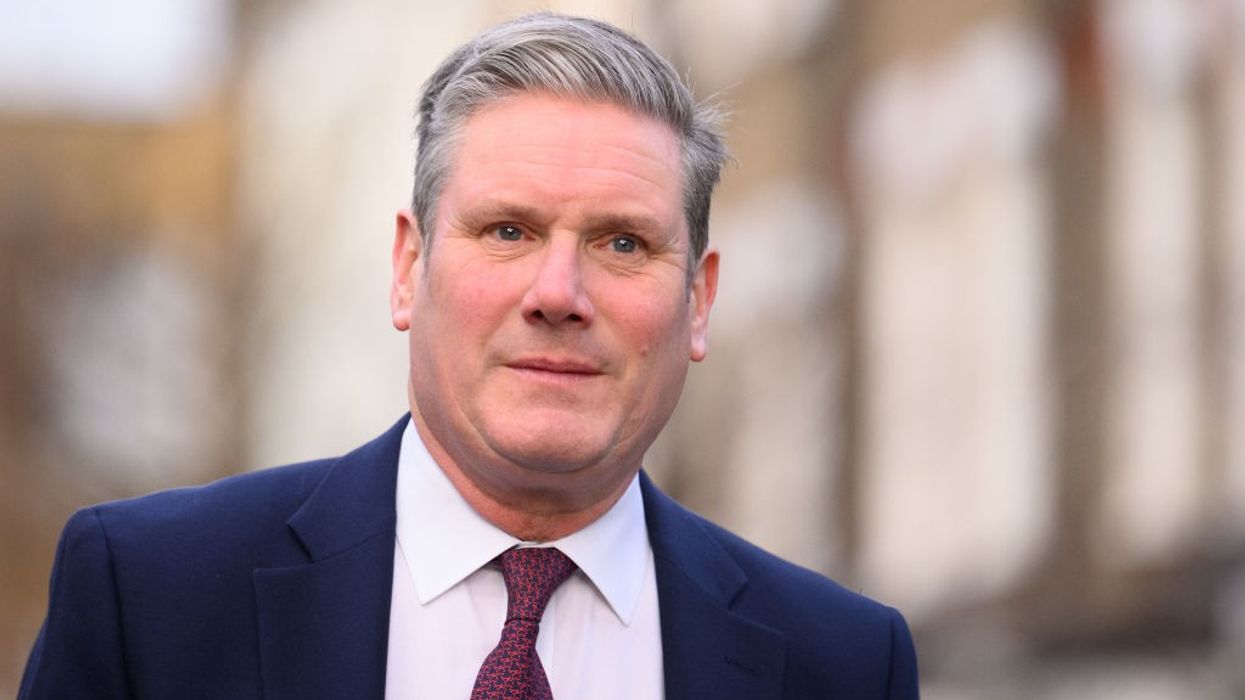PRIME MINISTER Keir Starmer on Wednesday dismissed criticism that the government had sold out British workers by offering tax exemptions to some Indian workers as part of the new free trade agreement with India. He called the claims “incoherent nonsense”.
The trade deal, announced on Tuesday, includes tariff reductions on British imports to India and allows some short-term Indian workers to be exempt from paying into Britain’s social security system for up to three years. The exemption is part of the Double Contributions Convention (DCC) and also applies to British workers in India.
India described the exemption as a “huge win”, while the UK government made little mention of it. Opposition parties in Britain accused the government of agreeing to terms that would favour India over British workers.
“Our India trade deal ... is good for British jobs. The criticism on the double taxation is incoherent nonsense,” Starmer told parliament. “It’s in the agreements that we’ve already got with 50 other countries.”
ALSO READ: FTA ‘will elevate India to be Britain’s most trusted partner’
The UK already has social security agreements with countries including Switzerland, Canada, Japan, Chile, and members of the European Union. Some of these deals allow for up to five-year exemptions to avoid double taxation. India also has similar agreements with other countries.
The UK government expects the agreement with India to cost about 100 million pounds annually. National Insurance, the UK’s social security system, is the second-largest source of tax revenue, generating over 170 billion pounds a year through employer and employee contributions.
Trade secretary Jonathan Reynolds said the changes would affect only a “very small number” of people.
Reform UK leader Nigel Farage, whose party is currently ahead in opinion polls, said the government had “sold out British workers”. He claimed Indian workers and firms would pay 20 per cent less tax than their British counterparts.
Indian officials said the exemption would help Indian information technology companies that send employees to the UK on short-term contracts.
Official figures show the UK issued over 81,000 work visas to Indians last year, the highest for any nationality. Most of these were for health, care, or other non-temporary roles where social security contributions would still be required.
(With inputs from Reuters)





